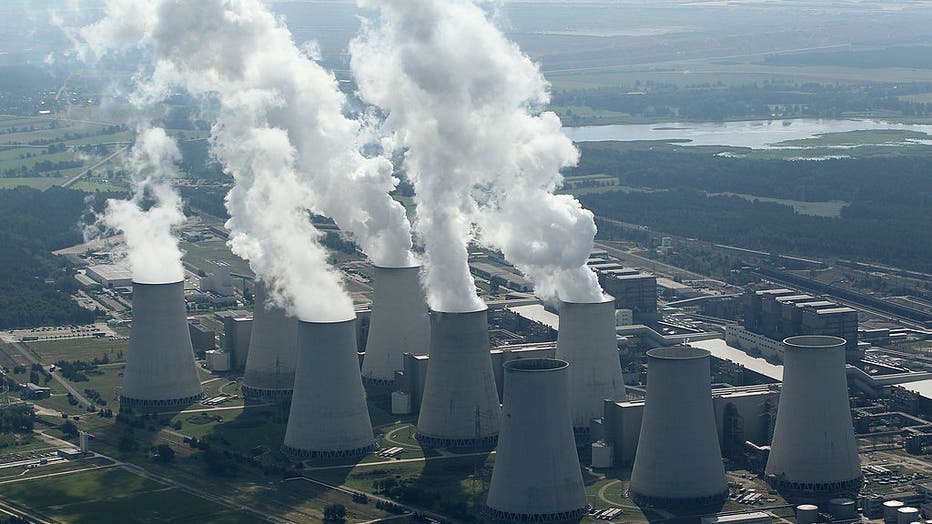Earth records hottest year ever in 2024
LOS ANGELES - Global temperatures in 2024 reached their highest levels in recorded history, temporarily surpassing the 1.5°C warming limit set by the Paris Agreement. Scientists are warning of devastating consequences if such warming persists.
"The primary reason for these record temperatures is the accumulation of greenhouse gases in the atmosphere," said Samantha Burgess, climate lead at the Copernicus Climate Service, as reported by the Associated Press.
Several weather monitoring agencies, including Copernicus and Japan’s weather agency, confirmed that 2024 exceeded the long-term warming limit of 1.5°C. While NOAA and NASA measured slightly lower figures, they still reported record-breaking heat levels.
A year of costly disasters
The U.S. experienced 27 billion-dollar weather disasters in 2024, causing $182.7 billion in damages, according to NOAA.
"In the 1980s, Americans faced one billion-dollar disaster every four months. Now, it’s every three weeks," Texas Tech climate scientist Katharine Hayhoe told the AP.
Major events like Hurricane Helene, California wildfires, and extreme flooding in Spain underscored the growing toll of climate change. Hurricane Helene alone caused 219 deaths and $79.6 billion in damages, the AP reported.
What surpassing the 1.5°C threshold means
The 1.5°C limit was established to prevent catastrophic effects such as coral reef extinction, Antarctic ice sheet collapse, and increased human suffering. Temporarily breaching this threshold is a significant warning.
"This isn’t just a number — it’s a red flag," Victor Gensini, a climate scientist at Northern Illinois University, told the AP.
Though 2024’s record heat was partly driven by El Niño, scientists say long-term warming trends are clear. "This is the end of the road for the 1.5°C threshold," Jennifer Francis of the Woodwell Climate Research Center said.
What’s next?
Scientists predict 2025 may not surpass 2024’s record heat due to a cooling La Niña, but the overall warming trend remains alarming.

FILE - Steam rises from cooling towers at the Jaenschwalde coal-fired power plant on August 20, 2010 at Jaenschwalde, Germany. (Photo by Sean Gallup/Getty Images)
"We are now reaping what we’ve sown," University of Pennsylvania climate scientist Michael Mann told the AP.
The record-breaking year highlights the urgent need to curb greenhouse gas emissions and mitigate climate change impacts before irreversible tipping points are reached.
The Source:
This article is based on Associated Press reporting, with additional details from NOAA, Copernicus Climate Service, and statements by climate scientists quoted in the AP report.


